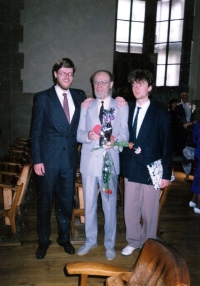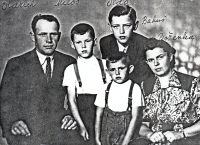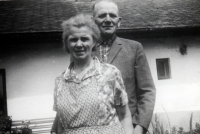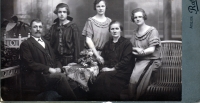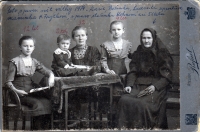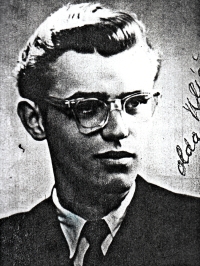As a nation, we learned that it is possible to live a lie
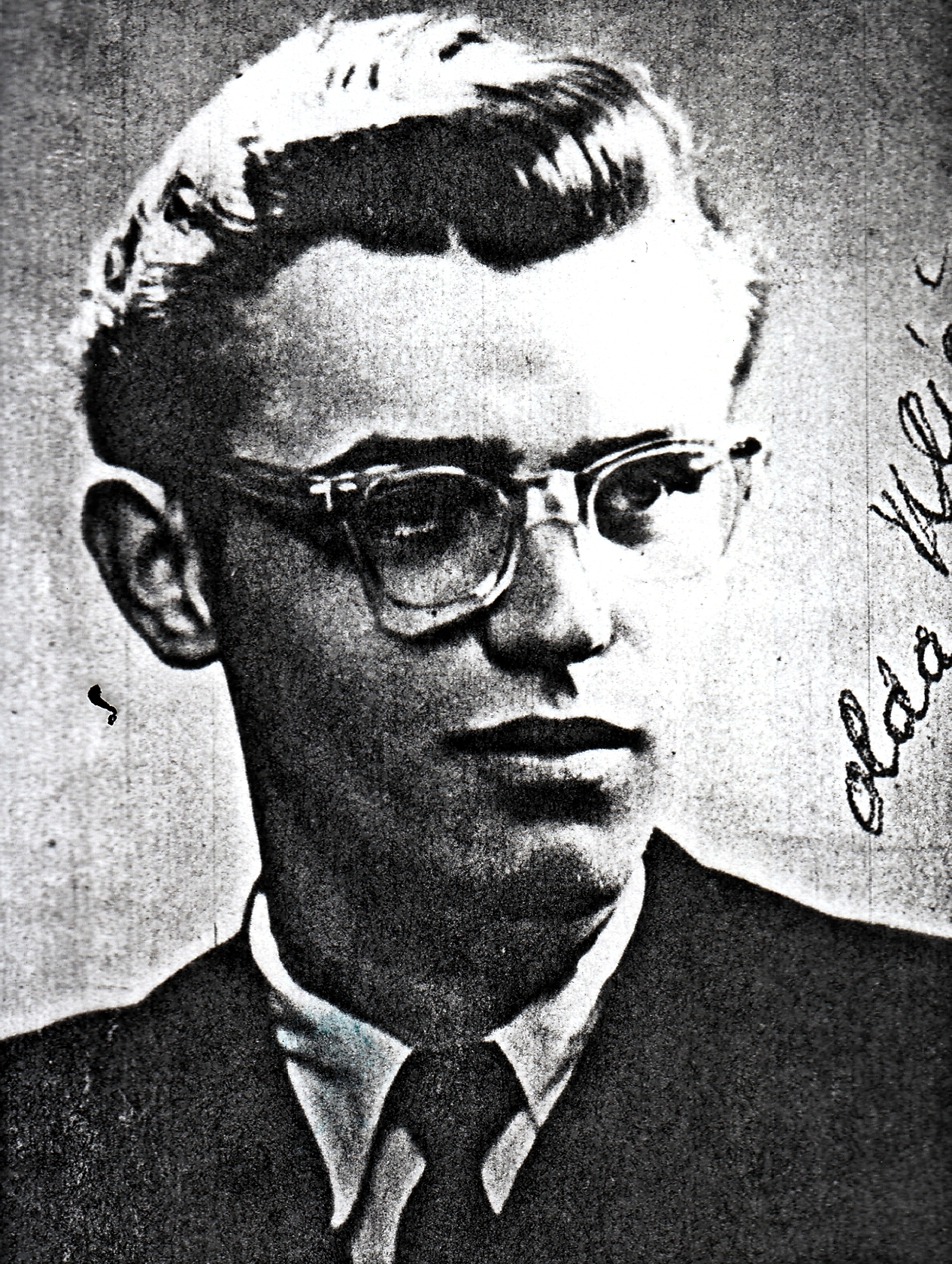
Download image
Prof. PhD. Oldřich Uličný, DrSc. was born on 29 September 1936 in Pravčice as the eldest of three sons to Božena, née Forýtková, and Oldřich Uličný. His father owned a farm in Pravčice, and before 1948 he was chairman of the People’s Party. His mother came from a farming family from Těšnovice. In the 1950s, his father joined a cooperative farm so that Oldřich could study at the grammar school in Kroměříž. He studied Czech at the Pedagogical University in Olomouc and in 1958-62 Russian at the Faculty of Arts of Palacký University in Olomouc. Then he completed postgraduate studies in mathematical linguistics in Prague and in 1969 he received his PhD. In 1958-1961 he worked as a secondary school teacher at the Jan Žižka z Trocnova Military School in Moravská Třebová and then as an assistant teacher at the Faculty of Education in Hradec Králové until 1972. He became a signatory of the declaration Two Thousand Words. Because of his attitudes and activities, he had to leave the university in 1968 and worked, among other things, as an information engineer at the Engineering Works in Hradec Králové. He was able to return to his profession only twenty years later. In the 1970s he was listed by State Security as a person under investigation. From 1990 to 2007 he worked at the Faculty of Arts of Charles University in Prague, and later at the Faculty of Arts of Palacký University in Olomouc. In 2002-2020 he was the head of the Department of Czech Language and Literature at the Technical University in Liberec. He and his wife Hana raised two sons, Tomáš (1961) and Jan (1965). He has a daughter Jana (1972) from another relationship. After the deaths of his wife and son Jan, he remarried in 2004. He and his wife Lenka are raising their son Oldřich Tobiáš. In 2023 he was living in Olomouc.
